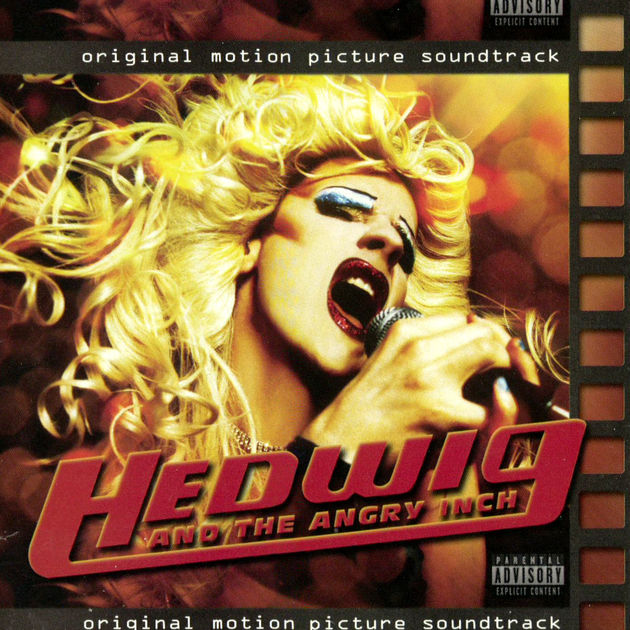by Chris Feil
 Perhaps you missed that John Cameron Mitchell finally returned to the punk rock scene this past weekend with How to Talk to Girls at Parties, and honestly - what gives? Regardless of this Neil Gaiman adaptation’s quality, has everyone faded from the afterglow of Hedwig and the Angry Inch so quickly? (Mitchell's promise that the film is joining The Criterion Collection later this year should fix that.)
Perhaps you missed that John Cameron Mitchell finally returned to the punk rock scene this past weekend with How to Talk to Girls at Parties, and honestly - what gives? Regardless of this Neil Gaiman adaptation’s quality, has everyone faded from the afterglow of Hedwig and the Angry Inch so quickly? (Mitchell's promise that the film is joining The Criterion Collection later this year should fix that.)
Mitchell has given us one of the most unique musicals of the past quarter century, so any return to musical adjacency (National Anthem or otherwise) deserves our attention. Or maybe the distinctive qualities of Hedwig make comparisons - its weathered reductive comparisons to every recent rock musical you can think of - a losing battle...
Rarely do musicals find their own identity in such a range of sonic influences, embracing disparate threads into one cohesive whole. Like the once slip of a girlie boy at its center, it becomes its imposing and irreducible whole by being the sum of very many parts. Hedwig’s gender is both of her choosing and what was thrust upon her, just as her musical heroes were the saintly ladies of strictly manicured military radio and the subversive acts she found on her own. We are served yeehaw country, angelic retro adult-contempo vocalism, rank rage punk, and the score somehow makes it all fit with this perfectly imperfect heroine.
Fuck your binaries, she is everything. And so is the music she gives us.
Likely the secret ingredient to making the mashup work is Mitchell’s history in musical theatre. Mitchell wrote the score with Stephen Trask, in addition to writing and directing duties, so you feel its narrative thrust in all of its bones - conception, melody, performance. The fluidity of her identity and that control of storytelling come together quickly with the full force, barn burner of early ballad, “The Origin of Love”. Here Hedwig as a chanteuse satisfies all of her influences in contradictory glory, uniting the audience (and winning any of the wary) with a song about the relatable plight to find completeness through the love of another - and does so without the pandering tactics of the intentionally “universal”.
Rather ingeniously, the musical then forces Hedwig to face the other half promised in the love story of “Origin” when her beloved Tommy Gnosis copycats her. It is a bitter reversal of the legend she believed, worse for the lame bastardization Tommy does to her tunes. This betrayal is felt all the more deeply in the light of Hedwig’s open-hearted affections, shown in flashback beginning with the gorgeous “Wicked Little Town”.
Something so beautiful and simple eventually becomes complicated and overmanipulated in Tommy’s hands. In the sole reprise of the musical, we get Tommy’s version of the song as his apology, effective for what it achieves narratively but still bittersweet for how it doesn’t size up to Hedwig’s lovely original. But as Tommy admits his musical and emotional theft, he proves himself unworthy.
But with this conclusion comes Hedwig’s revelation that she is her own better half. In the most naked referential number, “Midnight Radio”, she also champions we aren’t mere pieces of ourselves, but how those pieces make us a whole. Those fragmentations - the heartaches, the divas, the joys, the melodies sang at the top of our lungs - tell our complete story.
All Soundtracking installments can be found here!